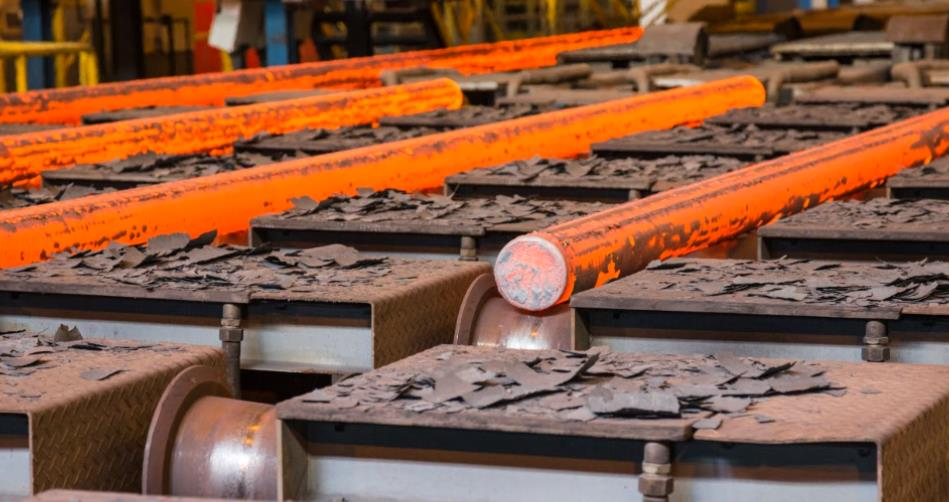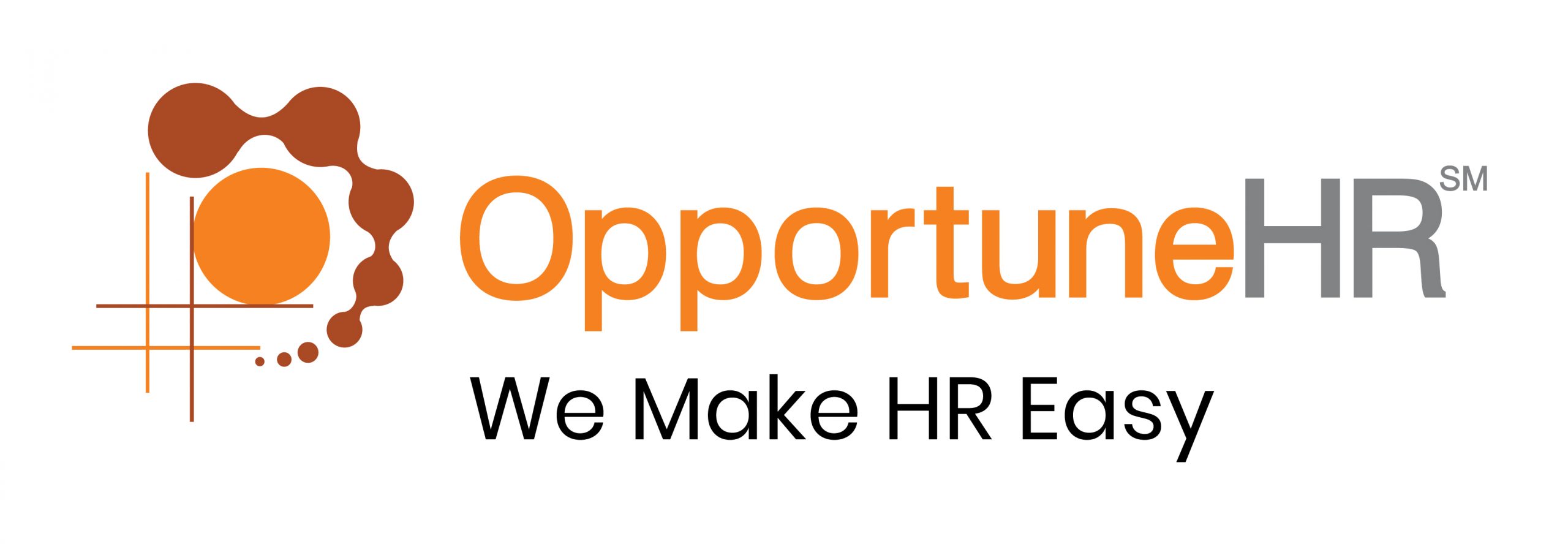To many business owners, even to HR professionals, it may sound far-fetched. But the CEOs, the progressive CEOs who turn around the fortunes of struggling organisations, and create great places to work for, will endorse every single word in this claim.
And this belief is not based on some soft managerial philosophy, not the influence of B-school professors. It makes perfect business sense to them. Even in the context of a tough manufacturing industry.
There are many parameters for figuring out the growth potential of an organisation. Business strategy, productivity indices, share market value, product superiority, innovation prowess, to name a few.
Let us propose another indicator–
The importance of Human Resource Management in an organisation.
Not all organisations treat HR in the same manner. Their approaches differ. By looking at the role of HR in an organisation we can figure out, what kind of growth the organisation will achieve in the future
And to know this, we should ask: Does HR play an operational role, or a strategic role in the organisation?
Now let’s see different scenarios, how HR’s role differs, and how it impacts an organisation–
The traditional manufacturing organisations see HR as an administrative function.
In such companies, for the management and other department heads, HR people are compliance masters. Their function is often labeled as–HR policing.
Critics say, in such organisations HR performs human accountancy. Like the finance manager counts money, and an inventory manager counts the products in store, HR managers are supposed to count people– their working hours, their leaves, their incentives, their salaries.
Primarily factual numbers.
This is the operational ladder of the HR function. Important to run the day-to-day operations of the organisation. HR managers are seen as people imposing the rules, creating administrative hindrances in an otherwise smoothly running manufacturing process. Other department heads think that workers are distracted by compliance issues and production time is lost.
It goes without saying, in these companies–
The HR is considered less important than other departments.
The reasons are many–

The marketing and sales departments push the finished product into the marketplace. They fulfill customer demand, and battle it out with competitors in the marketplace. Their contribution is seen through the revenue generated by the company in the marketplace.
Finance plays a key role. Without the proper working capital and allocation of funds, the whole organisation will stall. They work very closely with the top management and when it comes to taxation and valuation of the company, their contribution to the company’s profit and value are clearly seen and appreciated. And rewarded.
But when it comes to HR, the outlook is–
What real difference does the HR department make in our organisation?
The problems that HR solves, the morale they boost, have an indirect effect on employee retention and employee performance. But it isn’t measurable in numbers. Not in the way the finance or the sales can demonstrate.
While production managers and salespeople get incentives for their work, HR mostly can’t prove their significance to the organisation–In such kind of organisations.
So HR team doesn’t get their due. It’s sad but true.
This is a narrow HR outlook.
Let us say this loudly, such organisations, even when they succeed, find it difficult to sustain their success.
No company can work at top-notch speed, with great production efficiencies, maintain a smooth workflow, without a strategic HR outlook.
That’s the reason–
The progressive companies give great importance to Human Resource Management.

To them HR’s role is not just important, but crucial to sustain success, to gain a competitive advantage in the marketplace.
There are 2 ways, HR can make a difference in such scenarios.
Firstly, in such organisations business leaders understand that people are more important than raw materials, machines, and processes.
To them, people are the center point of their business strategy.
Because for a high level of success, people must be motivated, must be driven by a desire to contribute to the company. They must feel, that company success is their own achievement.
Without the commitment of the people to the organisation, no process will work, no machine will perform at peak levels. While a motivated team can get the most out of engineering tools, no tools can elevate the organisational competence if the staff feels low and down.
So, great leaders and great companies have the mantra-Employees!
They even keep their people ahead of shareholders. Because if employees don’t perform, there is no market value for the company.
We can say with confidence, and with proof, that a committed and inspired workforce is a must for a sustained level of high manufacturing performance, quality assurance, and lower production costs.
Now, let’s come to the next important role played by HR in such organisations–
Visionary business leaders see HR department’s role not just at an operational level, but strategic level.
For them, the primary role of HR management is to understand the key goals of the organisation, to capture the company philosophies and strategic approach into guidelines that employees can understand and use when they need to make decisions.
The management mandate for HR in such companies is to grow people and develop competencies that support the organisational strengths and objectives.
The management understands that if the HR is empowered and focused on these roles, it will have a great effect on manufacturing efficiency, quality of finished products will improve, as the introduction of new manufacturing practices will be easy and welcomed by employees.
So, HR’s role and the organisational aspirations are in alignment.
And the human resource strategy is the spine on which the organisational strategy stands.
That’s the difference!
Now, let’s see how–
The strategic intent and the HR’s day-to-day operational activities are interlinked.
The HR team converts business objectives into competencies and skills required to achieve the goals. Done in tandem with line managers and project heads.
The HR team audits the skill gap and recruits new talent, and develops available human resources to fill that gap.
The junior and middle-level HR team remains in constant touch with the production team, reading the pulse of the organisation. Because mission vision and values boards mean nothing on factory gates and conference halls. They must be reflected in day-to-day decision-making.
And the HR head sits in the boardroom with the CEO, charting out strategies to grow the workforce, their skill sets, and their mindsets. To up the game for the whole organisation.
Now, here is an important distinction: We aren’t saying that HR department doesn’t take care of traditional operation functions. HR keeps fulfilling the operation role, and do engage in traditional Human Resource management comprising activities, such as–
| Recruitment | Industrial relations | Training and development |
| On-Boarding | Time and attendance management | Employee performance management |
| Budgeting for human resources. | Payroll disbursement | Appraisals |
| Job design and job analysis | Compensation benefits | Making HR policies |
| Employee engagement | Employee retention | Succession planning |
| Employee motivation | Health and Safety |
But they do it differently–
The strategic intent runs through each and every HR operation!
Let’s take an example–
Suppose a company decides to make innovation its key strength and competitive advantage in the marketplace.
To achieve this, a culture of openness is a must. People must feel confident that they can express their ideas without hesitation.
So, the recruitment of new employees should also reflect these traits.
When we recruit potential employees with a creative bent of mind, it needs a different approach. The same old forms and authoritative policy language may deter really talented people from joining the organisation. So these must be reformulated.
The onboarding process should reflect a fresh approach. The HR team must be creative first before they inspire others. The employee experience will make a difference.
Even the KRAs will have fresh items, like new product development ideas, process improvements, and new certifications related to innovation capabilities.
And the incentives for the people who foster new expectations.
When it comes to training and development, old employees will need reskilling for new technology, new ways of thinking. They need to relearn. And their fears relating to impending change must be taken care of.
In the example above, the strategic intent for innovation must be translated into various communication themes, employee training priority must change accordingly, and the reward system must reflect the same. If people are punished for coming up with risky ideas and then failing, no one will put their neck out. The spirit of innovation will be hampered.
That’s why we have seen organisations where people failing at certain new initiatives are even rewarded. Because they took a step ahead. Such rewards create a conducive environment.
HR must also develop new processes and approaches for recruiting. They should demonstrate what they preach. After all, HR is the first point of contact for potential employees.
HR Analytics plays a significant role:
When it comes to number crunching, strategic HR focuses on analytics. And gets deeper into the factual numbers to figure out the valuable insights.
For example: Just retention numbers won’t suffice, retaining the creative and innovative employees will be important. What if the retention ratio remains the same but imaginative people are leaving? What could be the reason?
HR must find answers to such questions.
Creative employees in general want a supporting environment for their ideas. That may need new initiatives like incubation opportunities, intrapreneurship and other such programs.
And not just that, HR must also take care that, on average, the creative index of the workforce goes up. Because successful organisations don’t just depend on a few superstars, they win because of the competency of the organisation as a whole.
Visionary business leaders put greater faith, and demand more from HR leaders!
They know, that a motivated workforce does more than just achieving better metrics and standards. Such a workforce is a competitive advantage for the organisation!
Because the same technology and machines can be bought by other competitors in the manufacturing sector, and processes can be copied, the company culture is something difficult to imitate.
The morale of the employees and the trust between people is something not easily imitated. Rather, can’t be imitated.
In such companies, HR plays a prime role in business success. No one asks what they do. What do they bring to the table?
HR is seen not as a department but as the lifeblood of business connecting all the organs, and nurturing the whole ‘organisational body-mind-soul’.
Here is a McKinsey research validating, what the CEOs intuitively knew all these years–
— Such companies know exactly who they are and why they exist.
— They focus relentlessly on speed and simplicity.
— And they scale rapidly through innovation
Now in the real world, the ‘nuts and bolts of business’ scenario–the relentless focus on simplicity and speed needs a work force that is motivated. Scaling rapidly is all about a continuous change management process.
And the HR shines on all 3 McKinsey factors.
If we wish to understand the importance of HR in organisations…
Let’s ask some straight questions:
What’s the cost of a factory closing down for a day? Several days in a row because of strikes etc.?
What impact does it have on balance sheets when productivity improves even by 1% in an organisation? What will it save for organisation when employees begin to put their minds on eliminating waste and making proper use of materials?
What investment do we save on recruitment processes when people are retained?
And most importantly, dear business owner, what’s the cost of trust between you and the employees? When you can compete with the world, with the knowledge that your people see your fight as their fight!
That’s invaluable!
That’s the real importance of HR in organisations. Not just in the manufacturing industry, in any business.
Summary:
When HR plays a strategic role, it impacts the whole organisation. Production processes get smoother, new manufacturing practices gets accepted, unions and the workforce appreciate the respect shown by management, they understand the intent and reciprocate. Industrial relations improve and people feel a sense of pride and esteem working in the organisation.
When major strategic approaches like lean manufacturing, and balanced scorecards, are adopted in the organisation, it isn’t possible without an active role of HR management.








